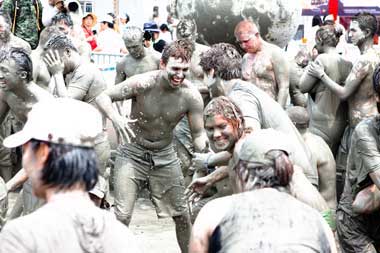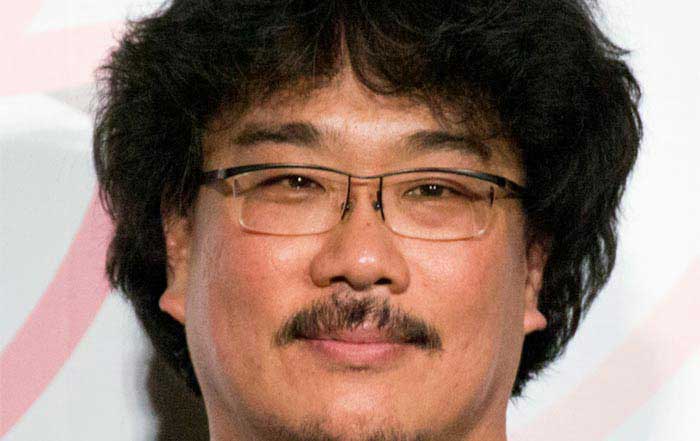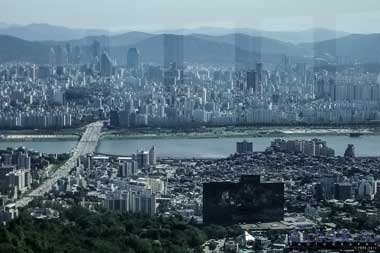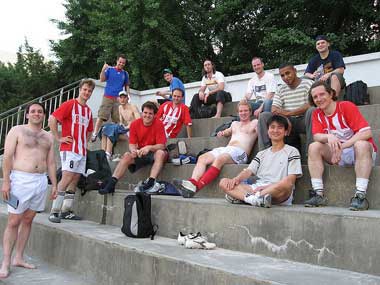South Korean's love to kick up their heels and celebrate, so it's little surprise that the country has full yearly calendar of festivals and events. This guide will take you through all the biggest, brightest and best South Korean festivals, offering you (almost!) one for each month of the year.
Inje Icefish Festival (January)
Ice Fishing has been a popular Korean past-time for centuries and there is no better place to learn all about it than the Inje Icefish Festival, which runs from late January to early February each year. As well as actually doing a bit of fishing yourself, you can also learn how best to prepare, cook and serve your catches. There's plenty of other activities on offer too, including ice soccer and sledding and a generally upbeat, fun atmosphere pervades.
Seollal (February)
This three day celebration marks the first day of the first lunar month every year in South Korea. The theme of the festival is that everybody in the country is now one year older and so a group celebration is in order. Most South Koreans like to spend this time with their families, and food is very much at the centre of the celebration. The most important dish of all is ‘birthday soup'.
The Cherry Blossom Festivals (March and April)
OK, we're cheating a little, as we're covering two months with the same festival, but bear with us a moment. You see when the countryside's trees bloom pink with cherry blossom, Koreans take it as a signal to start a party, with carnivals and fireworks aplenty. The thing is, the time this occurs will differ depending on where you are in Korea, though mostly it happens between these two months.
Lantern Festival (May)
Unsurprisingly, given the size of its Buddhist population, Buddha's birthday is celebrated every year in Korea with the Lantern Festival. A beguiling lantern parade usually takes place on the Sunday preceding the day itself, while people mark the actual date by visiting their local temple with a homemade lantern.
Firefly Festival (June)
This is one for all the eco-warriors out there, or, perhaps, just for anybody with an interest in green energy. Taking place in Muju each year, it is a celebration of all things natural, with attendees gathering to watch the fireflies, let off fireworks and discuss environmental issues.
Mud Festival (July)
One of the most attractive and popular Korean festivals for tourists is the Mud festival, held in Boryeong. During this rather raucous few days, the idyllic local beaches are turned to mud, and all manner of mud-related madness ensues, including mud wrestling, mud sliding and a Mud King contest.
Chuseok (August)
Chuseok is the time of year for all Koreans to celebrate their roots and give thanks for another good harvest. It takes place around midway through August each year, with huge feasts and celebrations across the nation. It is preceded by the Ginseng Festival, which takes place 10 days earlier. During this time, doctors from around the country advise citizens of all the various uses and benefits of ginseng.
Busan International Film Festival (October)
For culture vultures, the Busan Film Festival will be well worth marking in your calendar. Every year, many of Asian cinema's biggest and brightest flock to the city, where hundreds of movies are screened.
The Apple Festival (November)
The town of Yesan is well known for producing the tastiest apples Korea has to offer and, each year, it celebrates its most famous export with a one day festival. Events involve eating contests, picking contests and peeling contests, plus an Apple Queen Beauty Pageant.




